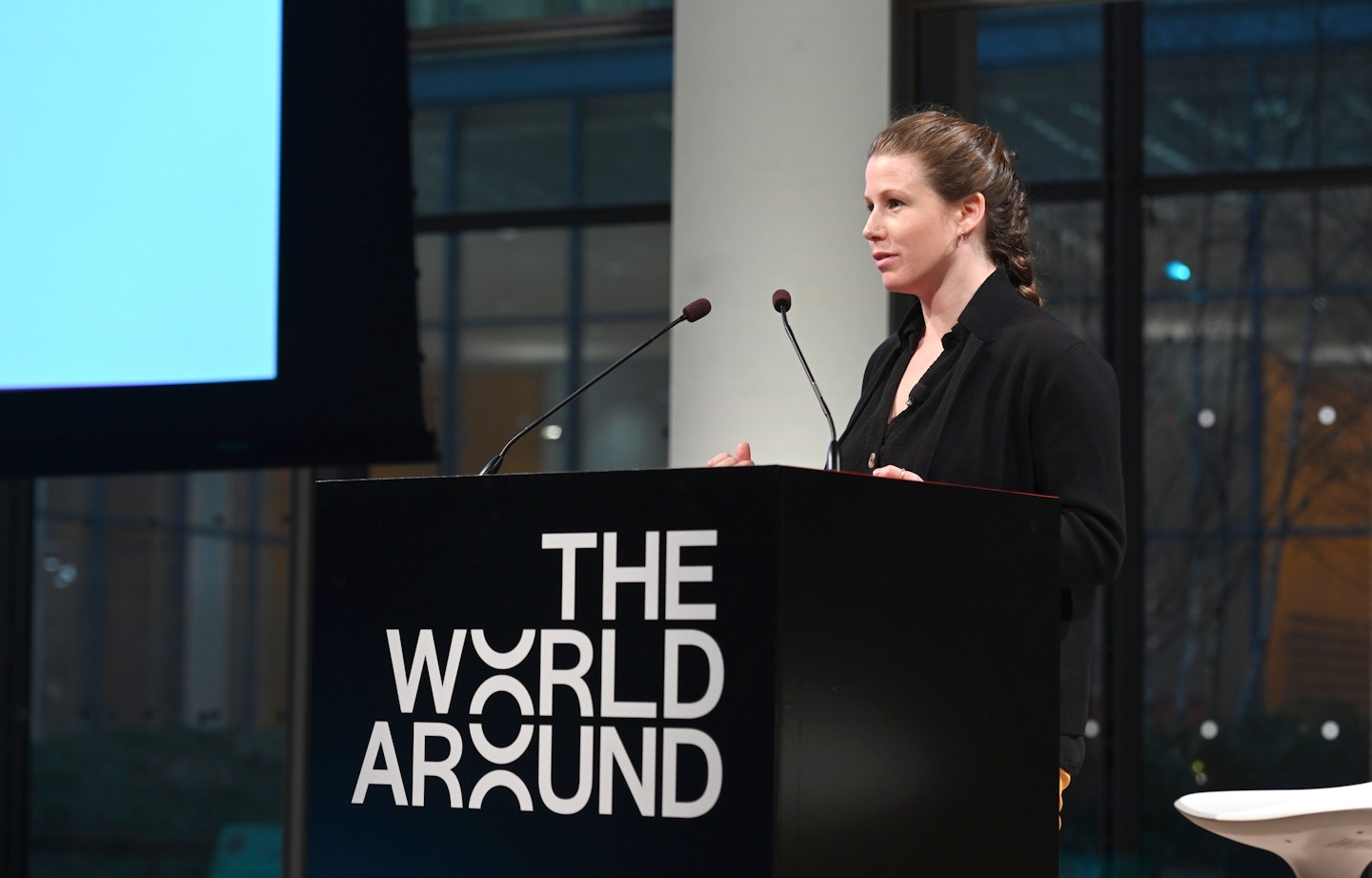It’s only after you’ve had a miscarriage that you realise how common it is. The conspiracy of silence — 'don’t tell anyone you’re pregnant until after the first trimester!' — surrounding pregnancy loss is so acute that it wasn’t until I spoke publicly about mine that a couple of friends confided in me that they had been through one too. I had thought I was the only one.
In fact, one in ten women will experience a miscarriage in her lifetime. Globally an estimated 23 million miscarriages take place every year. By the time you’ve finished reading this article, 88 women will have miscarried. And yet despite miscarriage being such a common experience — or perhaps because it is so common — the evidence around it, and the treatment for it, remains patchy at best.
In the UK, only women who attend hospital rather than their GP will have their miscarriage recorded, meaning we lack accurate data on its prevalence. Research into prevention, or even the causes of miscarriage, is sparse: women have to go through three miscarriages before the NHS will run any diagnostic tests. Miscarriage, we should conclude from this, is 'just one of those things'. Nothing to be done, no point investigating why. 'Just try again.'
But while miscarriage may be common, and even routine for the healthcare practitioners who will treat a miscarrying woman, the loss of a baby will never be routine for the woman going through it. For her, the experience will be traumatic — and it is often made more so by cavalier care.
The early pregnancy unit I went to was located in the same part of the hospital as the general maternity unit, sharing a door and an entrance way. There seemed to be pregnant women everywhere, their swollen bellies a constant visual reminder of what my body had failed to do. I walked past happy families with their newborn babies as I felt what I had hoped would be my baby drip into my pants. I walked into the unit itself alone — this was December 2020 and while some hospitals were allowing partners to attend scans, my hospital wasn’t.
I had to go back to that unit, past the pregnant bellies and the newborn babies, two further times, again on my own, just for blood tests to confirm that my miscarriage was 'progressing normally'. I never understood why these tests couldn’t have been done by my GP. Apparently a streamlined process is more important than sparing a bereaved woman further pain. No one ever followed up with me.
Even so, I got off relatively lightly. I have since been inundated with messages from women who went through far worse. Women who were turned away because they were bleeding 'out of hours' — and ended up in A&E with sepsis. Women who were told that there was no automated process to cancel their future scans and were then sent letters castigating them for missing these appointments and 'wasting NHS time.' Women who had to go through four miscarriages and chase for the tests that would eventually reveal they needed to be on medication to carry a baby to term.

In Scotland, things may soon be changing. After Louise Caldwell had to miscarry in a labour ward, she petitioned the Scottish government to change the practice, and last week NHS Scotland announced that miscarrying women would be treated in separate facilities.
NHS England should follow suit. Nothing could have made up for losing our baby, but the treatment didn’t have to make things worse. Forcing a miscarrying woman to share facilities with women whose pregnancies are progressing normally is cruel and unnecessary. It needs to stop.
